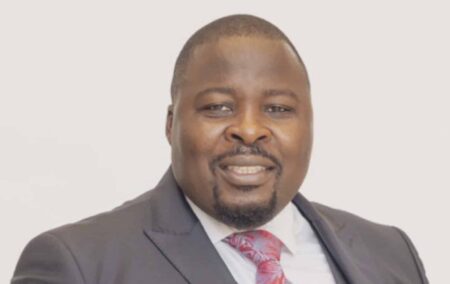Recently we have been witness to a series of unexpected and chaotic developments in the City of Tshwane. First was the surprising fall of the anti-ANC coalition in the city and the election of the single COPE member of the Tshwane council as mayor.
What made it surprising is that a DA-led coalition held a majority of seats without needing the flaky and anti-reform-minded PA and EFF to secure a majority, and yet when the vote was held, eight councillors from the coalition voted in favour of the ANC-backed COPE mayor. This despite none of the members of the coalition expressing a desire to break from the coalition.
Due to the requirements of the Municipal Structures Act, the election of speakers and mayors in councils takes place via a secret ballot. So we do not know which of the councillors defected, indeed we may never know.
Luckily the coalition was saved from their own defectors by the insolvency-related shenanigans of the new COPE mayor, who resigned after only a few days in office.
Unorthodox methods
As a result of the loss of Tshwane, the anti-ANC coalition resorted to more unorthodox methods of detecting traitors. First there were the “voluntary” polygraph tests, effectiveness of which is unclear. Their effectiveness was reduced even further when the EFF tried to steal the polygraph machine.
When the next important vote came, that being for the speaker of the Tshwane council, ActionSA assigned a different colour of pen to each of their councillors to work out who voted for whom. The DA with 69 councillors decided to assign a number to each councillor. They would each mark their ballot with their number. This would allow the DA to see who each councillor voted for.
Normally a voter is allowed to mark a ballot with whatever symbol they like so long as their intention is clear. However, when the IEC tallied up the votes it became clear quickly that the use of numbers was an attempt to subvert the secret ballot. Under our secret ballot rules, you are prohibited from showing your ballot to anyone or taking a photograph of the ballot. This is so that you cannot be made to prove who you voted for. As a result, the IEC declared every DA vote spoiled, resulting in the election of the ANC-backed candidate, this time from the ATM, another party with only one seat in the Tshwane council.
No doubt this will cause much blame-shifting and squabbling among the coalition members behind closed doors. The breaches of trust and suspicions created by the secret defections will also harm the good functioning of the coalition government, even if it regains power in Tshwane.
Because of the secret ballot, which allowed councillors to clandestinely switch their votes, the people of Tshwane have been subjected to a chaotic and embarrassing shuffle of power, where the majority coalition was unable to form a government due to either secret animosity in the coalition or because coalition councillors were bribed.
Key tenet
A key tenet of representative democracy is for voters to know how their representatives voted in a legislature. If we do not know how our representatives vote, we cannot judge whether they are indeed representing our values. This should not only apply to the legislature, but also to the key question of who is elected to hold the position of executive mayor.
There are many voters who will have voted for and will vote for a party, at least in part, not simply because of their policies or leadership but also because of who they will support in coalitions, and how they will shape those coalitions. The secret ballot in theory allows a party to publicly endorse one coalition, but vote for a different party.
There is no reasonable argument for the status quo, which serves to undermine accountability and allows politicians to either enrich themselves through selling their votes, or to lie to their voters and get away with it.
The Municipal Structures Act should be amended to remove the secret ballot requirement and ensure that our politicians remain accountable to us.

